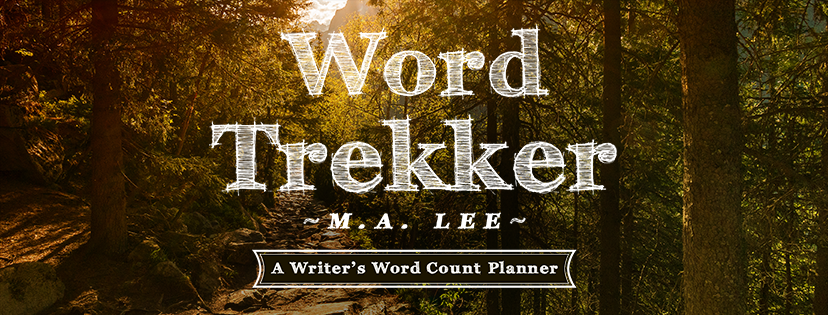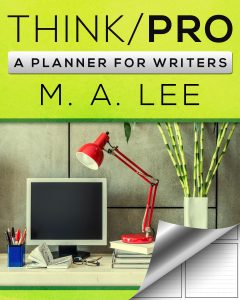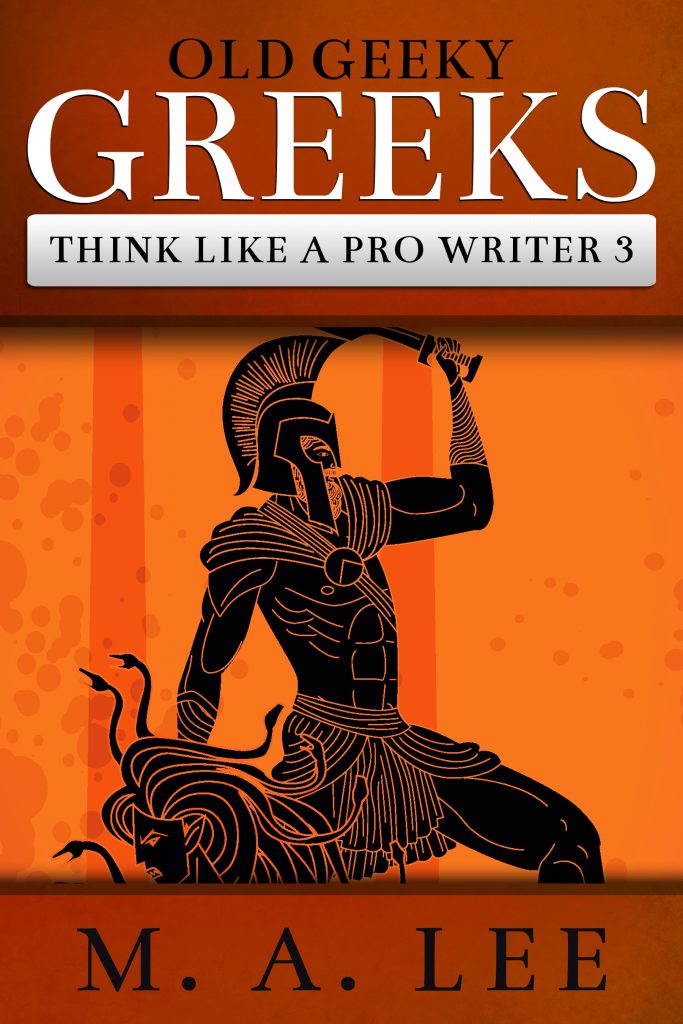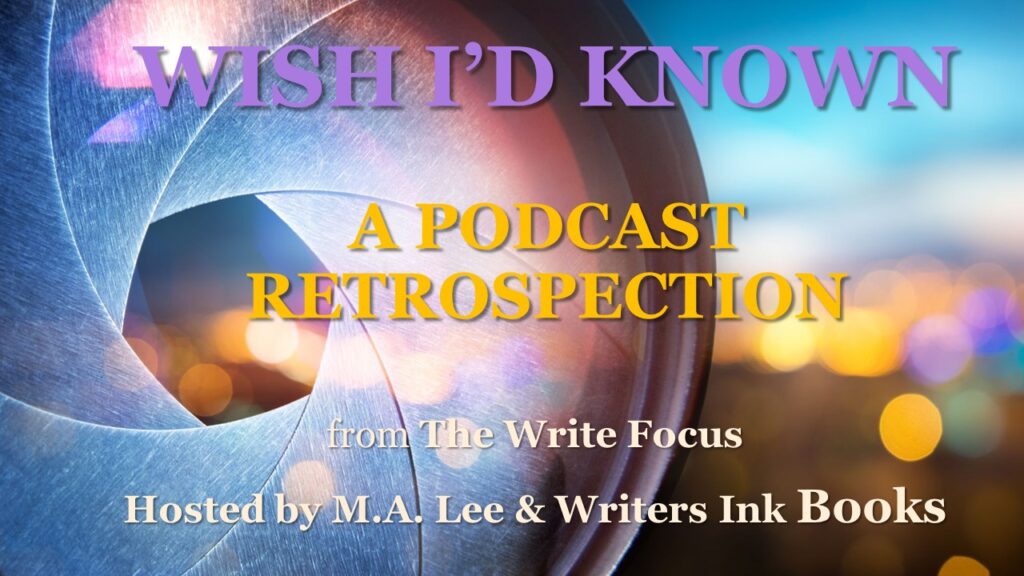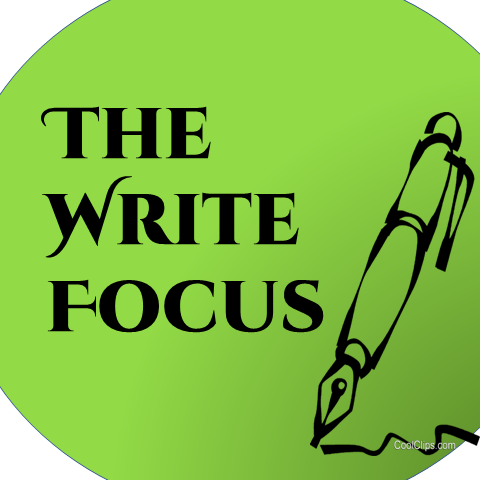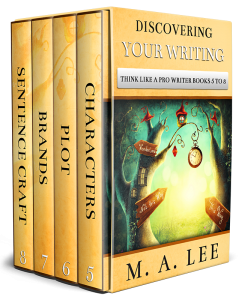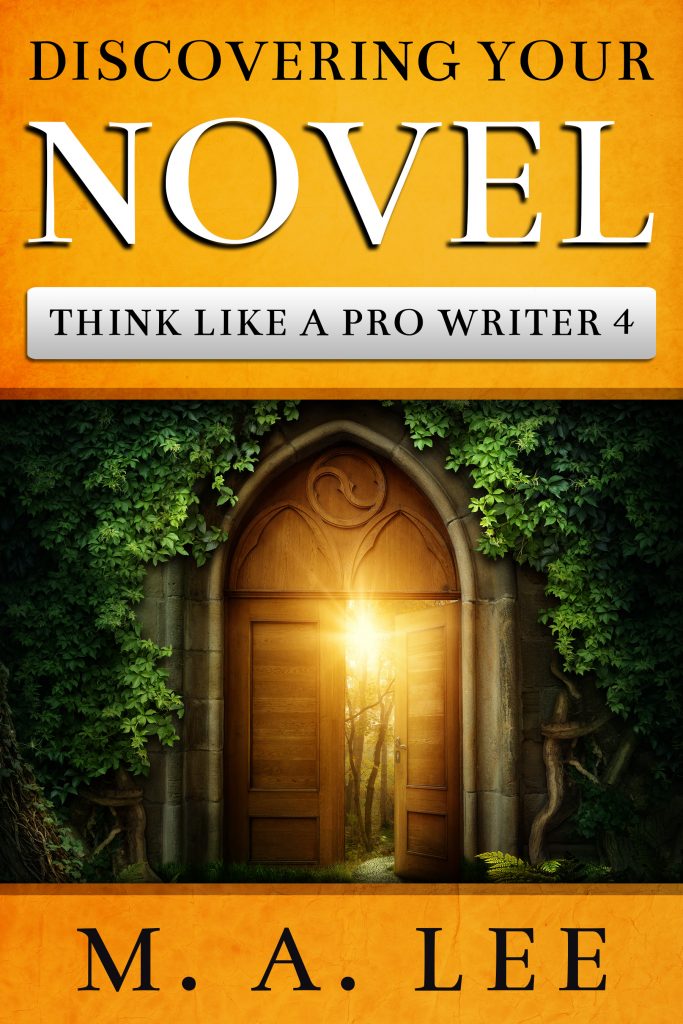Don’t fear the great *unmentioned unmentionable* for writers. 
Let’s DEFEAT WRITER’S BLOCK.
How do we defeat Writer’s Block?
- Strategies to tackle that monster.
- Advice from other 15 best-selling writers.
- Detailed explanations to start doing now!
This book comes direct from The Write Focus podcast and its host M.A. Lee.
Suffering every writer’s serious malady of writer’s block?
We may say the mantra “Writer’s Block doesn’t exist”, but something more than simple disruptions and distractions can interfere with our writing, creating insurmountable walls.
The Write Focus analyzes the three most common types and offers solutions to Overcome and Defeat this monster looming over the writer’s desk.
The best solution, though, is Leo Tolstoy’s mantra: No days without lines :: Nulla dies sine linea. Make that your own mantra.
Published August 8.
Ebook from Worldwide Distributors like Kobo, B&N, and more: Find it here.
Ebook and Paperback from amazing Amazon: Also on preorder, available on the 8th.
Audiobook also available (although some distributors may not have the book available for 30 days from publication. Ah well.).
Available Now: Storytel / https://www.storytel.com/se/sv/books/defeat-writers-block-think-like-a-pro-writer-6-8875896
and Libro / https://libro.fm/audiobooks/9798988473985
Coming Soon to Apple, Audible, Chirp, Kobo, and more!
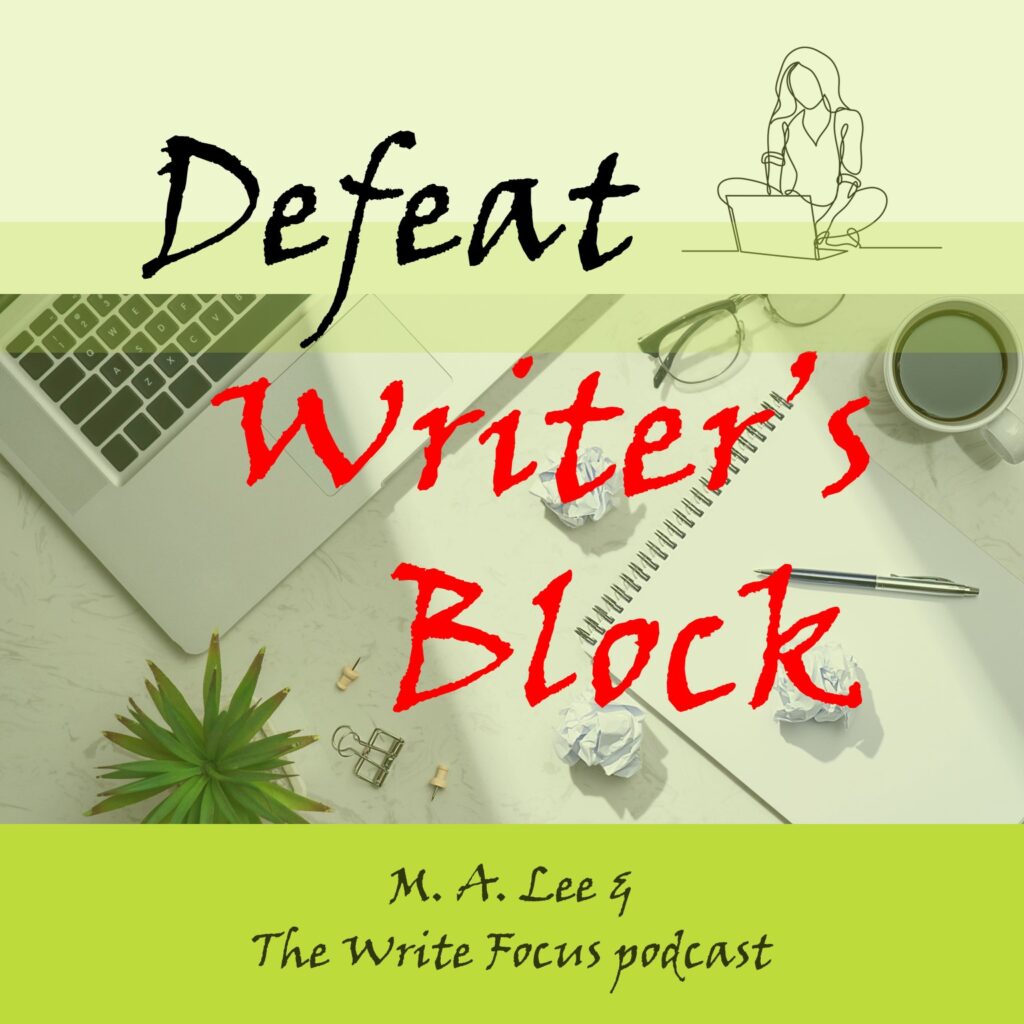
Chapters
- Introduction
- Overcoming Type 1: Refusal, easy to defeat
- Overcoming Type 2: Procrastination, difficult
- Overcoming Type 3: Inertia, the worst
- Pro Writers’ Advice, part A ~ 5 best-selling writers speak on writer’s block and how they defeated it
- Pro Writers’ Advice, part B ~ 6 best-sellers talk about writer’s block and strategies
- How One Pro Writer Defeated the Monster ~ Erle Stanley Gardner and his strategies
- More Techniques from Erle Stanley Gardner
- Avoid These Mistakes, part A ~ offered by Judy Delton
- Avoid These Mistakes, part B ~ more to avoid from J. Delton
- Mary Stewart on Writing Flow ~ shared by her in her novel The Stormy Petrel
- Storyteller and Story Teacher ~ Kate Wilhelm’s remembrances on writing barriers
- Burnham Talks Block ~ Sophie Burnham devotes a chapter to writer’s block in her book On Writing
- Whitney’s Solutions ~ America’s first great writer of romantic suspense, Phyllis A. Whitney shares many techniques in her book Guide to Fiction Writing
The book comes from the series of the same name on the podcast The Write Focus, hosted by M.A. Lee with the assistance of Edie Roones and Remi Black. The podcast is a presentation of Writers’ Ink Books.

